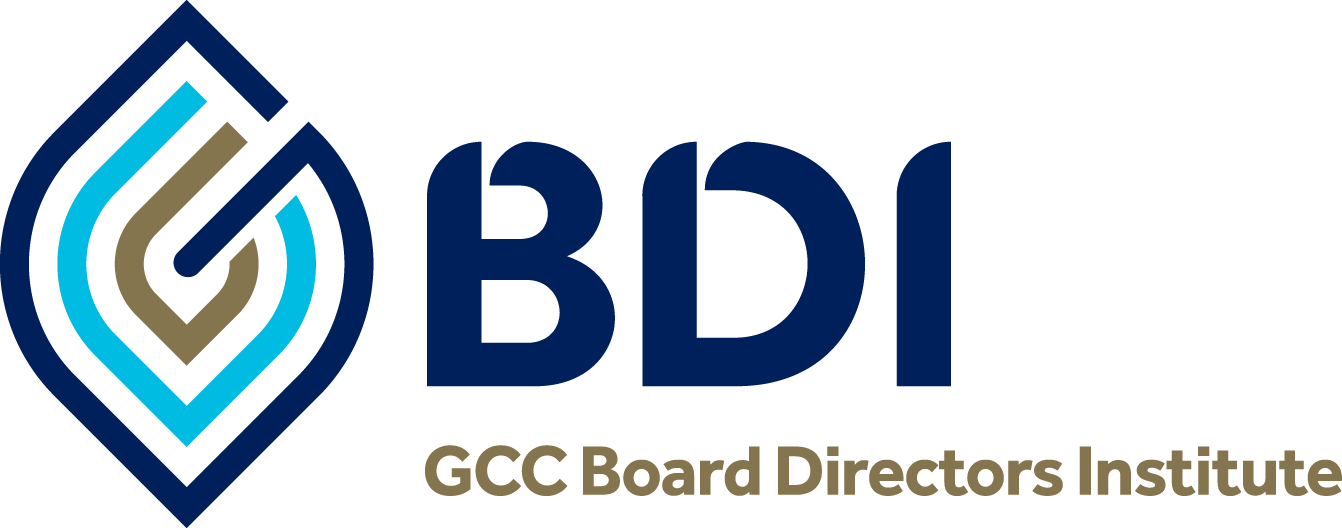Published: February 2023

The UAE Government has enacted a new Commercial Agencies Law no. 3 of 2022 which will come into force on 15 June 2023. The new law replaces the previous commercial agency law which dates back some 40 years and which faced criticism from principals who argued that it was too heavily in favour of local agents. The new law demonstrates the new approach of the UAE, in general, to relax the rules and the regulations between agents and principals, and to open the UAE economy further to foreign investments. In particular, it gives parties, both principals and agents greater control and flexibility on the term of a registered agency and also how an agency may be terminated.
Previously, commercial agency was generally considered to be the domain of UAE nationals but under the new law, international companies may now be permitted by the UAE cabinet perform commercial agency activities, subject to certain conditions being fulfilled. This will certainly lead to an increase in the UAE’s attractiveness and competitiveness as a place to do business. The new law, which will take effect from 15 June 2023, allows companies more control over how long registered agency agreements will last and when an agency agreement can be terminated
The most significant changes introduced by the new law include:
1. Foreign multinational companies can carry out commercial agency activities within the UAE without the requirement to be registered as a commercial agent. In other words, the agency will remain protected and governed by the agreement entered into between the parties.
2. A commercial agency may be terminated, inter alia, in the event of expiry and non-renewal, by mutual consent of the parties or as per the terms set out in the agreement entered into between the parties, albeit termination remains subject to the agent’s right to claim compensation.
3. The provisions relating to expiry and/or termination of commercial agency agreements will not apply to existing commercial agencies already registered with the Ministry of Economy for a period of 2 years and to existing agencies that have been registered for over 10 years or where the agent has invested more than Aed 100million, the law will not apply to these agencies for a period of 10 years. This is to ensure the stability of existing commercial agencies and to protect the investments that agents have already made in their commercial agencies.
4. In support of arbitration in the UAE, and in furtherance of the objective for the UAE is emerging as a regional arbitration center, the new agency law provides that parties may agree to settle their disputes arising out of registered agency agreements through arbitration, unless parties agree otherwise. The new law further emphasizes that once the parties proceed to arbitration, any decision rendered by the previously set up Commercial Agency Committee will have no significance in relation to the dispute, giving confidence and reliance on any ensuing arbitration award that will be issued in arbitration proceedings. This change will provide considerable comfort to foreign principals who are often more familiar with international dispute resolution mechanisms such as arbitration.
5. The new agency law also addresses potential disruption of goods and services in the local market in the event of a dispute arising between the parties, empowering the Ministry of Economy to come up with alternative resources for ensuring that supply and demand is maintained in the short term.
The previous commercial agencies law had become problematic in practice and whilst the new agency law is yet to come into force, it does clearly show the legislator’s intention to create a balance between the interests of principals, local agents and end consumers in the UAE. Over the last four or so decades, at every attempt of dialogue or change, the challenge of legacy issues reared up vis a vis agents that had been registered many years ago or who had made large investments into the agency.
And so the enactment of the new commercial agencies law is a significant step forward. It opens the doors for new commercial agencies to be more independent and flexible; enabling principals and agents to have more freedom to agree on suitable contractual terms between themselves, including events of expiry or termination.
The passing of the new agency law shows the overall direction in which the UAE is travelling, being increasingly open for international business and foreign direct investments. Some of the old rules are simply no longer suitable for the UAE’s current ambitions as an international business hub. Given the significant changes made by the new law, stakeholders, whether agents, principals or end consumers, should be happy with the outcome.
Key Contacts
Naief Yahia
Partner
n.yahia@tamimi.com
El-Ameir Noor
Partner
a.noor@tamimi.com
Willem Steenkamp
Senior Consultant
w.steenkamp@tamimi.com
